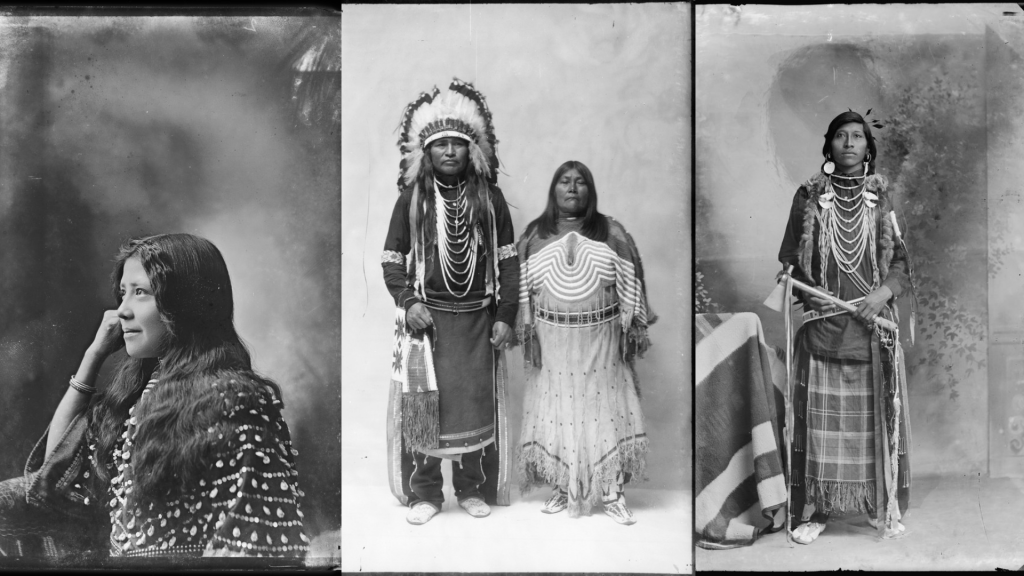When delving into the rich tapestry of Native American history, one discovers a fascinating array of cultures, traditions, and stories that have shaped the North American continent for centuries. From the diverse tribes that inhabited different regions to their enduring legacies, here are 10 captivating historical facts about Native Americans that offer a glimpse into their remarkable heritage.
1. Diverse Tribal Cultures
Native American history is not a monolithic narrative but a tapestry woven from the diverse cultures of numerous tribes. From the Navajo in the Southwest to the Iroquois in the Northeast, each tribe had its unique language, customs, and social structures. Recognizing this diversity is crucial to understanding the rich heritage of the indigenous peoples.
2. Spiritual Connection to Nature

One common thread among Native American tribes is their profound spiritual connection to nature. Many tribes viewed the land as sacred, and their spiritual practices often revolved around a deep appreciation for the environment. This perspective contrasts sharply with European settlers’ views and played a significant role in shaping Native American societies.
3. Contributions to Agriculture

Contrary to common misconceptions, Native Americans were skilled agriculturalists long before the arrival of Europeans. The “Three Sisters” agriculture—corn, beans, and squash—was a sophisticated farming system that sustained many tribes. This contribution to agriculture significantly influenced global farming practices.
4. Innovative Technologies

Native Americans were early innovators, developing technologies that facilitated their daily lives. The birch bark canoe, for example, was a masterful creation that allowed for efficient water travel, crucial for survival in regions with extensive waterways. Understanding these innovations sheds light on the resourcefulness of Native American communities.
5. The Trail of Tears
One tragic chapter in Native American history is the forced removal of the Cherokee Nation, known as the Trail of Tears, in the 1830s. Thousands of Native Americans were displaced from their ancestral lands, resulting in immeasurable suffering and loss of life. Acknowledging this dark period is essential for a comprehensive understanding of their history.
6. Code Talkers in World War II
During World War II, Native American soldiers, particularly the Navajo Code Talkers, played a crucial role in secure communication. Their unwritten Navajo language served as an unbreakable code, contributing significantly to the Allied victory. This extraordinary contribution deserves recognition in the broader context of Native American history.
7. Cultural Resilience
Despite centuries of adversity, Native American cultures have demonstrated remarkable resilience. Many tribes have successfully preserved their languages, traditions, and ceremonies, emphasizing the enduring strength of their cultural identities. This resilience is a testament to the deep-rooted heritage that continues to thrive.
8. First Americans
The term “First Americans” aptly recognizes Native Americans as the original inhabitants of the continent. Their presence predates the arrival of Europeans by thousands of years, emphasizing their historical and cultural significance. Acknowledging this fact is crucial for fostering a more inclusive understanding of American history.
9. Sacred Sites and Ceremonies

Native American sacred sites, such as the Black Hills for the Lakota Sioux, hold immense cultural and spiritual significance. Understanding the importance of these locations provides insight into the depth of Native American spirituality. Respecting and preserving these sites is vital for honoring their cultural heritage.
10. Contemporary Contributions
The contributions of Native Americans extend beyond history books; they continue to shape contemporary society. From art and literature to environmental advocacy, Native Americans play pivotal roles in various fields. Recognizing and appreciating their ongoing contributions is essential for fostering mutual respect and understanding.


